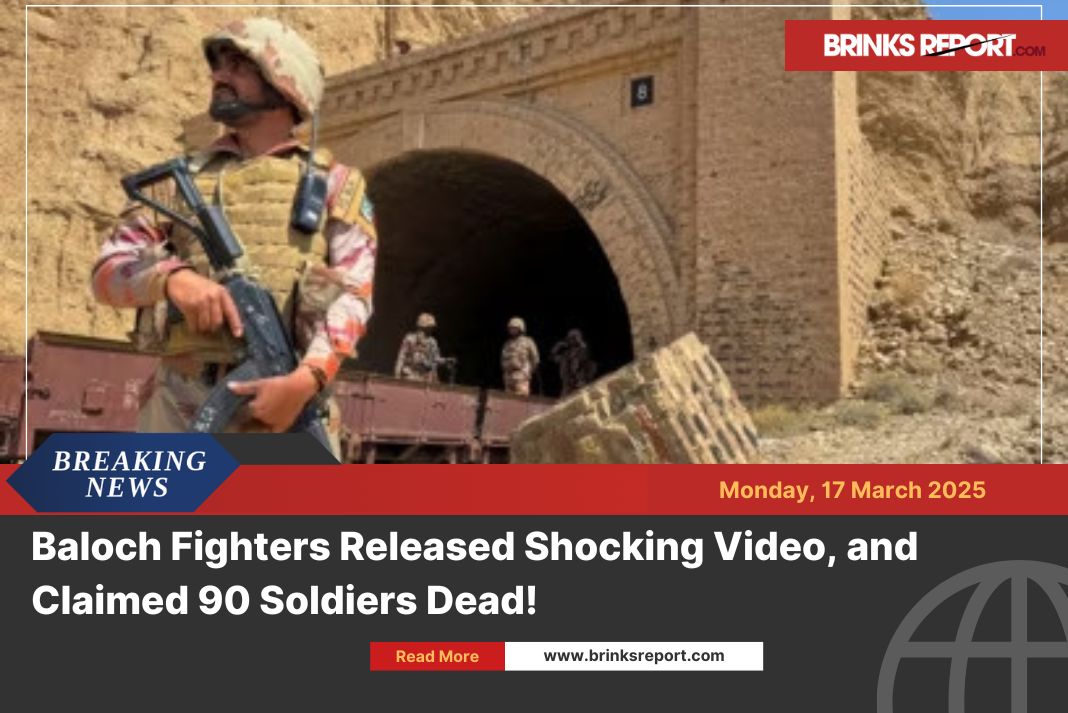
The projected Liberal victory in the Canada Elections 2025 has triggered more than just political debate—it’s ignited a tidal wave of memes across platforms like X (formerly Twitter), Instagram, and TikTok. Canadians, armed with quick wit and faster Wi-Fi, are using humor to process what some see as a win, others a loss, and all agree is at least meme-worthy.
Politics in Canada just became a lot more shareable. Instead of poring over policy platforms, many Canadians are scrolling through reimagined campaign posters, TikTok parodies, and jokes about party promises, all wrapped up in pixel-perfect satire.

It’s how politics feels in 2025: less lecture, more GIF.
watching conservatives cry and throw up on here… we’re so back #CanadaElections2025 pic.twitter.com/OSswLCwPOT
— 🌙 (@cherrymagics) April 29, 2025
A Meme-tastic Reaction: Canada Laughs Through the Chaos
Whether it’s Trudeau edited onto Marvel posters or Conservatives reimagined as reality show contestants, the humor is relentless. And oddly cathartic. Here’s how Canadians are laughing through the uncertainty:
- Conservative Gloom: Memes portraying the Conservative party as crestfallen sitcom characters or awkward prom dates are gaining serious traction.
- Liberal Victory… With a Wink: Even Liberal-leaning content is laced with sarcasm—highlighting election fatigue, broken promises, or “celebrations” that feel more cautious than triumphant.
- Pop Culture Crossovers: Political leaders are now anime characters, sitcom stars, and even video game bosses. The political arena has become a pop culture playground.
- Very Canadian Satire: Think poutine jokes, apologies in campaign slogans, and hockey metaphors used to describe cabinet positions.
The Canadian election explained in one stupid meme. pic.twitter.com/3zRpUyL1rb
— Mike Beauvais (@MikeBeauvais) April 29, 2025
Why Are Canadians Turning to Memes?
In a polarized yet politely expressive political climate, memes offer a sweet spot between commentary and catharsis.
- Relatable Relief: Politics is stressful. Memes are a coping tool—a way to vent, laugh, and bond.
- Community Vibes: Sharing a meme means more than sharing a laugh—it’s saying, “You saw that too, eh?”
- Digestible Commentary: No need to decode complex economic plans—just read a punchy caption with a meme of Trudeau doing jazz hands.
- Entertainment First: Let’s face it, it’s more fun than watching debate replays.
The Canadian election in a nutshell so far: pic.twitter.com/LeEhBYAFDC
— 🦇Moroaica 🦇 (Comms open!) (@MoroaicaTepes) April 28, 2025
But Are Memes More Than Just a Laugh?
Yes—and that’s the serious side of all this satire. Political memes aren’t just digital doodles. They shape perception.
According to a recent study by Pew Research (external link), memes can:
- Shift public sentiment—a meme mocking a political blunder spreads faster than any official statement.
- Spark awareness—especially among younger voters.
- Mobilize action—from voter turnout to donations.
But there’s a flip side. Memes can also:
- Mislead—out-of-context jokes spread falsehoods.
- Polarize—they often reduce nuanced issues to one-liners.
- Reinforce Bias—they tend to confirm what people already believe.
omg i don’t have to live under pierre poilievre as prime minister
liberal government here we come #CanadaElections2025 pic.twitter.com/qcSEvgaF5O— 𝓽𝓮𝓷𝓷𝔂 𐙚 (@ab_tenny) April 29, 2025
Navigating the Meme Minefield
If you’re scrolling through election memes, here’s how to keep your head:
- Check Before You Share: Not all jokes are rooted in truth.
- Know the Source: Some memes have political agendas behind the punchlines.
- Be Mindful: Humor can punch up—but don’t let it punch down.
- Take a Breath: It’s okay to laugh, just don’t get your news from memes alone.
Canadian election is around the corner, here is a thread of all of the Canada related Cartoon I’ve done: pic.twitter.com/9zzxaCqoKn
— Skscartoon (@skscartoon) April 23, 2025
Final Thoughts: Canada’s New Political Language
The Canada Elections 2025 might go down as one of the most memed elections in the country’s history. And while traditional commentary still exists, it’s clear that humor—especially in meme form—is becoming part of how Canadians engage with politics.
In an age of deep divides, a shared laugh—even a snarky one—isn’t the worst place to start.












